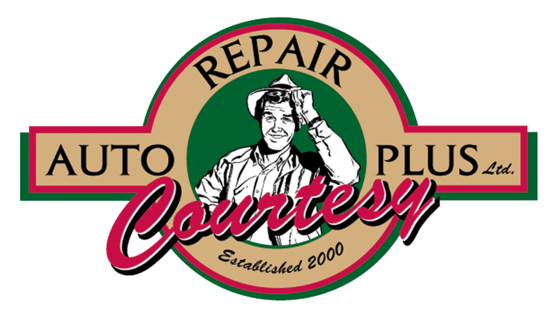Bad Vibes (Disc brake rotor problems)
July 10, 2022
If you were to name the most important safety feature on your vehicle right now, what would your answer be? A lot of driving experts would agree that it’s your brakes. Most newer vehicles use a well-engineered and efficient style of brakes called disc brakes.
The name disc brakes comes from one of the components: a disc attached to the wheel hub that is squeezed by parts called calipers. If you’ve ever ridden a bicycle with hand brakes, you probably have seen how they squeeze against the rim of the bike wheel to stop the bike. It’s similar to the way your vehicle’s calipers squeeze against the disc rotor, with added parts called brake pads attached to the calipers that are what create the friction and stop your vehicle.
Here’s why disc brakes need regular maintenance. Over time, that friction creates wear and tear on the brake pads and the rotors, and you’ll start to see the signs. Your brakes may have one of the 3 “S” sounds: squeaking, squealing, or scraping. The sound is usually the first sign of brake pad wear which can lead to rotor damage. Soon you may notice a pulsating or vibration when you brake. That’s because your once smooth and straight rotor disc is warping from the heat generated from friction. Or it may be due to wear. Eventually, your brakes will take a longer distance to stop your vehicle, and the rotors can have grooves carved into them.
When you start noticing any of these signs, it’s a good idea to have them inspected by a trained technician. They will measure the rotor thickness, check wear patterns for grooves and heat discoloration, and see how much of the brake pads remain. They will also check to make sure all brake components are moving freely, check your brake fluid, and look for corrosion.
Most vehicle manufacturers require worn or damaged rotors to be replaced, not resurfaced. It’s all part of a complete brake job, replacing pads and the brake hardware parts along with the rotors. It reduces the chance of premature failure.
How often you will need your brakes serviced depends on the manufacturer’s recommendations, your driving habits, and the environment you live in. Your service facility can recommend the best replacement parts based on those factors.
Regular maintenance and attention are vital for keeping your brakes performing like they are designed to. Remember, your brakes are your vehicle’s most important safety feature.
Courtesy Auto Repair Plus
967 Bon Air Ave
Tiffin, Ohio 44883
419-443-0797
http://www.courtesyautorepairplus.com
More articles from Courtesy Auto Repair Plus

Lubricate Driveshaft
April 20, 2025
See if any of these are happening to your vehicle. You feel it vibrating excessively underneath when its running, or you hear strange clunking, grating, or grinding sounds coming from beneath. Maybe its hard to turn your vehicle, or you can hear squeaking when youre going slow. Perhaps you fee... More

Change is Good (Oil Change)
April 13, 2025
You've heard that expression, change is good. When it comes to your vehicle's oil, change is not only good, it's vital for the health of the engine. But there's one question that puzzles many drivers: how frequently should my vehicle's oil be changed? There is not one simple answer, but here ar... More

Fuel for Thought
April 6, 2025
If you're like most people and drive a gasoline-powered vehicle, you need to be up to speed on its fuel-related components. They're pretty basic: the fuel, the fuel filter and the fuel pump. The fuel's the easy part. You probably gas up your vehicle yourself and, if you're like most drivers, pr... More







